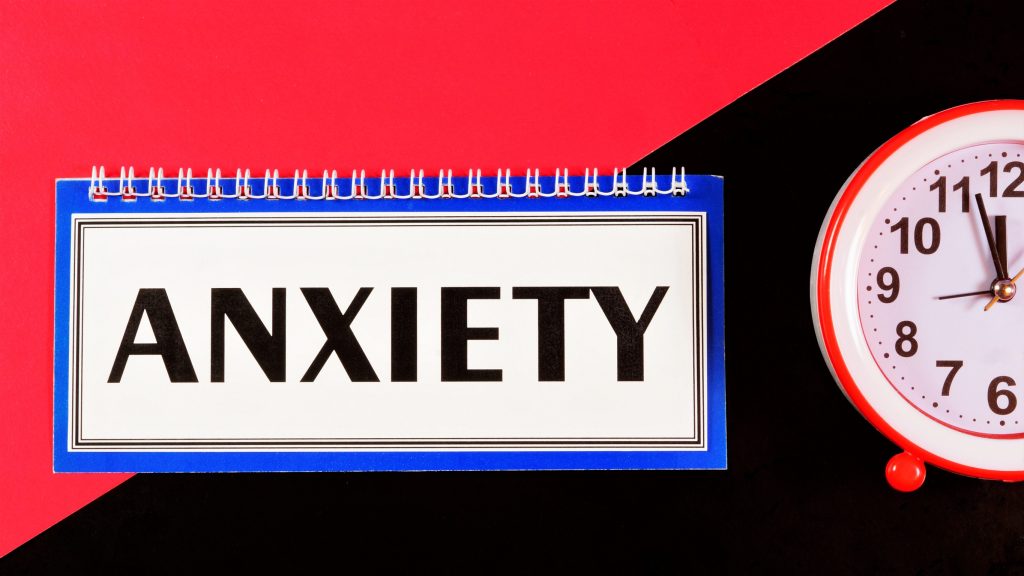
Anxiety is a common human experience, a natural response to stress or perceived threats. However, when these feelings become persistent, overwhelming, and interfere with daily life, it can be debilitating. While medication is a valid and helpful option for many, some individuals seek alternative or complementary strategies to manage their anxiety. Fortunately, there are numerous effective ways to cope with anxiety that don’t involve pharmaceuticals. Exploring these techniques can empower you to navigate anxious feelings more effectively.
1. Practice Mindful Breathing Exercises
One of the most immediate ways to cope with anxiety is by focusing on your breath. When you’re anxious, you’re breathing often becomes shallow and rapid; intentionally slowing it down can signal your nervous system to relax. Techniques like diaphragmatic breathing (belly breathing) or box breathing (inhaling, holding, exhaling, holding for equal counts) are simple yet powerful. Practicing these regularly can help ground you in the present moment. This is a fundamental technique for anyone looking to cope with anxiety.
2. Engage in Regular Physical Activity
Exercise is a potent anxiety reliever, acting as a natural mood booster. Physical activity helps release endorphins, which have pain-relieving and stress-reducing properties. It also helps to burn off nervous energy and improve sleep quality, both of which can be compromised by anxiety. Whether it’s a brisk walk, a yoga session, or a vigorous workout, finding a form of movement you enjoy can significantly help you cope with anxiety. Consistency is key to reaping these benefits.
3. Establish a Consistent Sleep Routine
The relationship between sleep and anxiety is bidirectional; anxiety can disrupt sleep, and poor sleep can exacerbate anxiety. Establishing a regular sleep schedule, creating a relaxing bedtime ritual, and ensuring your bedroom environment is conducive to rest are crucial steps. Aim for 7-9 hours of quality sleep per night to help your mind and body recover. Prioritizing sleep is a vital strategy to cope with anxiety effectively.
4. Limit Caffeine and Alcohol Intake
Stimulants like caffeine can trigger or worsen anxiety symptoms, including nervousness and a racing heart. Similarly, while alcohol might seem to temporarily calm nerves, it can disrupt sleep and lead to increased anxiety once its effects wear off. Being mindful of your intake and reducing or eliminating these substances can make a noticeable difference. Opting for herbal teas or water can be a healthier way to cope with anxiety throughout your day.
5. Connect with Supportive People
Social support is a powerful buffer against stress and anxiety. Talking about your feelings with trusted friends, family members, or a support group can make you feel less alone and more understood. Sometimes, simply voicing your worries can help to diminish their power. Nurturing these connections provides an emotional outlet and a sense of belonging, which is important when you need to cope with anxiety. Don’t hesitate to reach out when you’re struggling.
6. Spend Time in Nature
Research suggests that spending time outdoors can have a calming effect on the mind and reduce symptoms of anxiety and depression. Whether it’s a walk in a park, gardening, or simply sitting in a natural setting, connecting with nature can help lower stress hormone levels. The sights, sounds, and smells of the natural world can be incredibly grounding. Making an effort to incorporate nature into your routine is a pleasant way to cope with anxiety.
7. Practice Gratitude and Journaling
Shifting your focus towards gratitude can help counteract anxious thoughts by highlighting the positive aspects of your life. Keeping a gratitude journal, where you regularly write down things you’re thankful for, can cultivate a more optimistic outlook. Journaling, in general, can also be a therapeutic outlet to process worries and emotions, making them feel less overwhelming. These reflective practices offer a constructive method to cope with anxiety.
Empowering Your Inner Calm
Learning to cope with anxiety is a personal journey, and finding what works best for you may take time and experimentation. These non-medication strategies offer practical tools to manage anxious feelings and improve your overall well-being. By incorporating these techniques into your daily life, you can build resilience and cultivate a greater sense of inner peace. Remember, taking small, consistent steps can lead to significant improvements.
Which of these strategies for coping with anxiety have you found most helpful, or do you have another technique to share? Comment below!
Read More:
6 Things You Should Never Say to Someone Battling Anxiety
5 Of the Best Dog Breeds for People with Severe Anxiety
The post 7 Ways to Cope with Anxiety Without Resorting to Medication appeared first on Budget and the Bees.







